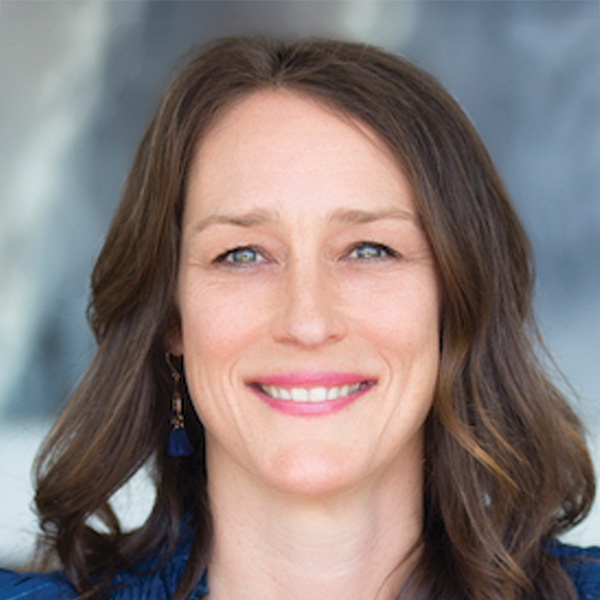When Is the Best Time to Apply to Law School? Understanding Rolling Admissions
Most people know that law schools utilize rolling admissions, but it’s not always clear what that means in terms of an ideal application timeline. There’s the “hard” deadline, which means the school literally won’t accept your application after that date. But an ideal deadline is often much earlier – even months earlier. That’s because many law schools start reading applications soon after they come in, as early as September or October. The thinking is that if a strong (or pretty strong) application comes in early in the cycle, when admissions officers are fresh and have an entire class to fill, they might lean toward admitting that applicant right away. As the season wears on, the number of applications and admits rises, and the number of available seats dwindles, admissions officers often become increasingly pickier.

Of course, in practice, it’s not so black and white. Some early applicants won’t see the early yeses that they hope for. There are lots of factors in play here. And some law schools, such as Yale, often state that there is no benefit to applying early given the way they conduct their admissions process. But overall, our data analysis and qualitative experience have shown that there’s generally a benefit to applying early in the cycle, especially for “splitters” (applicants who have a high LSAT score but a low GPA), so try to apply early in the cycle. If you have your LSAT behind you, there’s really no reason not to.
When is it too late to apply?
Admissions advisers might have different opinions here. But in my experience, candidates who apply in late January or February generally do themselves a disservice. At that point in the cycle, the queues are so long that some admissions officers struggle to even get to the later applications – and when they do, the pressure of having already admitted so many students makes them less likely to grant an acceptance. But applying late can still work out just fine, especially for very strong candidates. If you apply in January with an above-median GPA and LSAT score, the admissions folks will still find your file and you will likely still get a good review. But for many applicants, it behooves them to apply as early in the cycle as is practical for them.
Some law schools, particularly those lower in the rankings, have much later deadlines – even as late as May and June, just months before the new school year starts. Even then, though, I wouldn’t wait until the last minute to apply. While some of these schools are still trying to fill seats that late in the cycle, many will just be cherry-picking applicants who can support their medians. Therefore, students with less strong numbers would be better off applying earlier.
What if I can’t apply early in the cycle?
Sometimes, despite their best intentions, an applicant can’t submit their applications early. Maybe the LSAT didn’t go as planned and they need to take it again in January. It happens. At that point, the process of deciding whether to apply in that cycle anyway or to wait until the next cycle is complex. Ultimately, it’s a personal choice. Some students will decide to apply anyway with a potential retest-and-reapply strategy in their back pocket. Other students will decide to wait a cycle, polish up their applications, and apply in September/October for the following cycle.
The bottom line: if you can, apply early in the cycle, meaning by the end of November. December is okay. If it might be January or February, I’d take a hard look at your stats, goals, and options and think about waiting.
Related Resources

